AUTHOR- ELIZA FERNZ
DATE- 27/8/2024
INTRODUCTION
India, with its vibrant economy and tech-savvy(1) population, is rapidly emerging as a key player in the global blockchain revolution. As blockchain technology matures, its impact on various sectors is becoming increasingly evident, and one of the most exciting developments is the rise of blockchain payment providers. These companies are not only transforming how transactions(2) are conducted but are also paving the way for a more inclusive and efficient financial ecosystem.
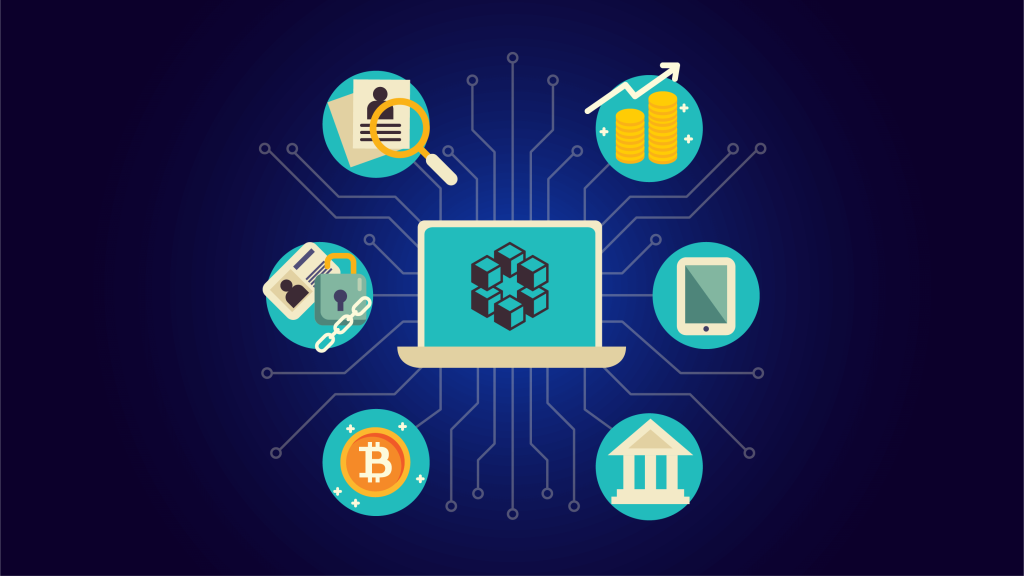
Understanding Blockchain Payments
Before diving into the specifics of blockchain(3) payment providers in India, it’s essential to grasp what blockchain payments entail. At its core, blockchain technology is a decentralized digital ledger that records transactions across multiple computers so that the record cannot be altered retroactively(4). This ensures transparency, security, and efficiency in financial transactions.
Blockchain payments leverage(1) this technology to facilitate secure, fast, and cost-effective transactions. Unlike traditional banking systems, which can be slow and involve multiple intermediaries, blockchain payments are direct and can be processed almost instantly. This technology is especially beneficial in a country like India, where financial inclusion and efficiency are critical issues.
The Indian Landscape: A Growing Ecosystem
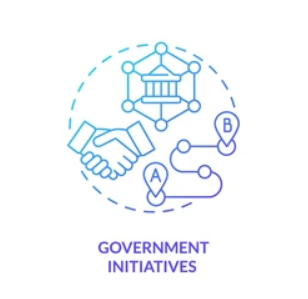
Government Initiatives and Regulation
The Indian government has shown a keen interest in blockchain technology and its applications. Initiatives such as the Digital India campaign and the push for a digital economy have created a conducive environment for blockchain innovation. Regulatory clarity, although still evolving, has been supportive of blockchain’s potential, focusing on creating a balanced framework that encourages innovation while safeguarding financial stability(5).
The Rise of Blockchain Payment Providers
Several blockchain payment providers have emerged in India, each contributing to the evolving financial landscape in unique ways. These providers offer a range of services, including cross-border payments, remittances, and decentralized financial (DeFi) solutions. Here are some notable players in the Indian blockchain payment space:

1. Pine Labs
Pine Labs, a prominent payments solutions provider, has ventured into the blockchain space to enhance its payment offerings. By integrating blockchain technology, Pine Labs aims to streamline transactions, reduce fraud, and offer faster settlements. Their approach highlights how established companies are leveraging blockchain to modernize their operations.
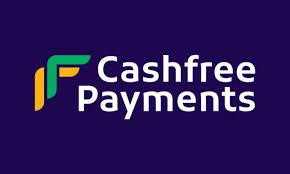
2. Cashfree Payments
Cashfree Payments is another key player in the Indian fintech ecosystem that has embraced blockchain technology. The company offers solutions for instant payments and settlements using blockchain, catering to businesses looking for efficient and secure transaction methods. Cashfree’s innovative approach underscores the growing acceptance of blockchain in mainstream payment systems.
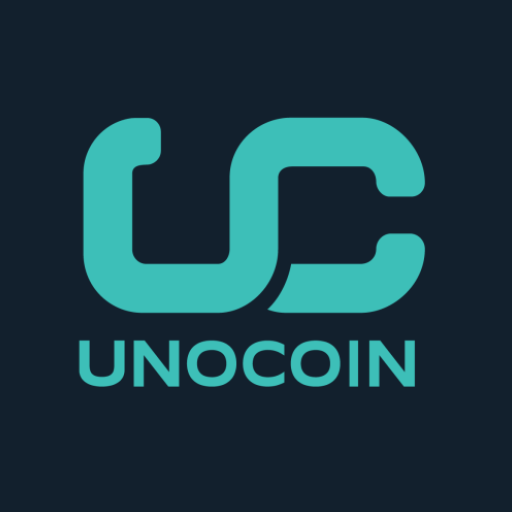
3. Unocoin
Unocoin is a blockchain payment provider that focuses on cryptocurrency-based transactions. It offers services for buying, selling, and managing Bitcoin in India, providing a bridge between traditional finance and digital assets. Unocoin’s platform is designed to make cryptocurrency transactions accessible and user-friendly for the average Indian consumer.
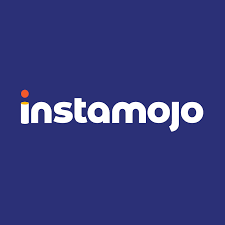
4. Instamojo
Instamojo, known for its payment gateway services, is also exploring blockchain technology to enhance its offerings. By incorporating blockchain, Instamojo aims to provide its users with more transparent and secure payment solutions. Their efforts are indicative of the broader trend of integrating blockchain to improve existing financial services.
Benefits of Blockchain Payments in India
The adoption of blockchain payments in India brings several benefits:
1. Increased Efficiency
Blockchain payments can significantly speed up transaction processing times. Traditional banking systems often involve delays due to intermediaries and complex processes. Blockchain’s direct and automated nature reduces these delays, leading to faster payments and settlements.
2. Cost Reduction
By eliminating intermediaries, blockchain payments can reduce transaction costs. This is particularly beneficial for cross-border transactions and remittances, which often involve high fees in traditional systems. Lower costs make financial services more accessible to a broader population.
3. Enhanced Security
Blockchain technology offers robust security features, including encryption and immutability. These features help prevent fraud and unauthorized access, making blockchain payments a secure option for both businesses and individuals.
4. Financial Inclusion
India has a significant unbanked and underbanked population. Blockchain payments can provide a gateway to financial services for these individuals, offering them a chance to participate in the digital economy and access essential financial services.
Challenges and the Road Ahead
Despite the promising benefits, there are challenges to overcome. Regulatory uncertainties, technological barriers, and the need for widespread adoption are some of the hurdles facing blockchain payment providers in India. However, ongoing advancements in technology and a supportive regulatory environment are expected to address these challenges.
1. Regulatory Clarity
While the Indian government has shown interest in blockchain, there is still a need for clear and comprehensive regulations. A well-defined regulatory framework will help mitigate risks and provide a stable environment for blockchain payment providers to operate.
2. Technological Integration
Integrating blockchain technology with existing financial systems can be complex. Payment providers must ensure seamless integration to deliver a smooth user experience and maintain operational efficiency.
3. Adoption and Awareness
Widespread adoption of blockchain payments requires increasing awareness and education among users. As more people become familiar with the benefits and functionalities of blockchain, adoption rates are likely to rise.
Conclusion
The rise of blockchain payment providers in India is a testament to the transformative power of blockchain technology. As these providers continue to innovate and expand their services, they are reshaping the financial landscape, offering more efficient, secure, and inclusive payment solutions. With ongoing advancements and supportive regulatory frameworks, blockchain payments are poised to play a crucial role in India’s financial future.
As India continues to embrace digital transformation, the evolution of blockchain payment providers will undoubtedly be a key factor in driving economic growth and financial inclusion in the country.
FAQ’S
1. What are blockchain payment providers?
Blockchain payment providers are companies that use blockchain technology to facilitate and process financial transactions. They leverage the decentralized, secure, and transparent nature of blockchain to offer services such as cross-border payments, remittances, and cryptocurrency transactions.
2. How does blockchain technology improve payment systems?
Blockchain technology enhances payment systems by offering:
- Speed: Transactions are processed almost instantly, reducing delays typical of traditional banking systems.
- Security: Blockchain provides robust security features, including encryption and immutability, reducing the risk of fraud and unauthorized access.
- Cost: Eliminates intermediaries, leading to lower transaction fees and costs.
- Transparency: Transactions are recorded on a public ledger, ensuring transparency and traceability.
3. What benefits do blockchain payments offer to users in India?
In India, blockchain payments offer several benefits:
- Faster Transactions: Quick processing times for both domestic and international payments.
- Lower Costs: Reduced fees, particularly for cross-border transactions and remittances.